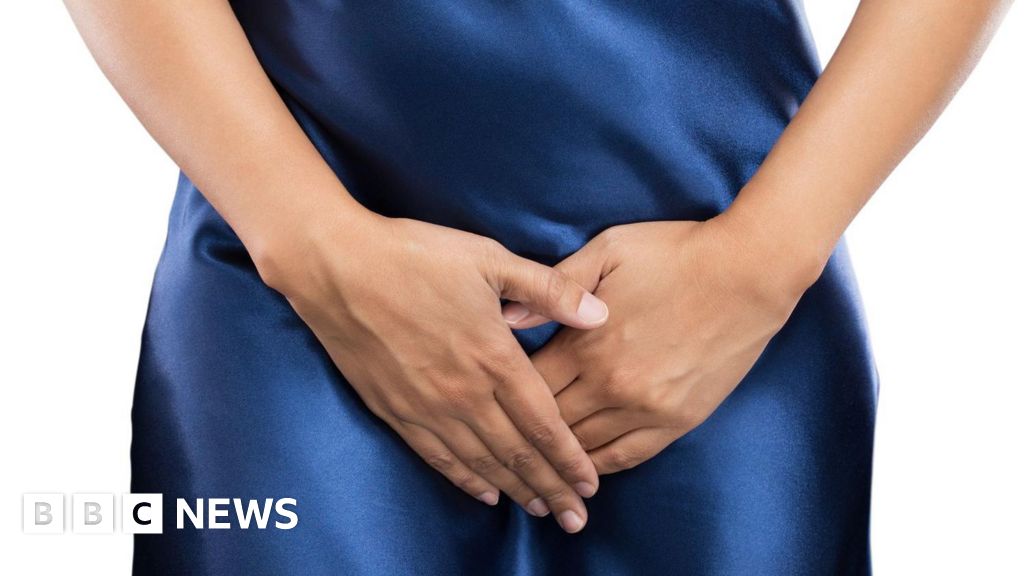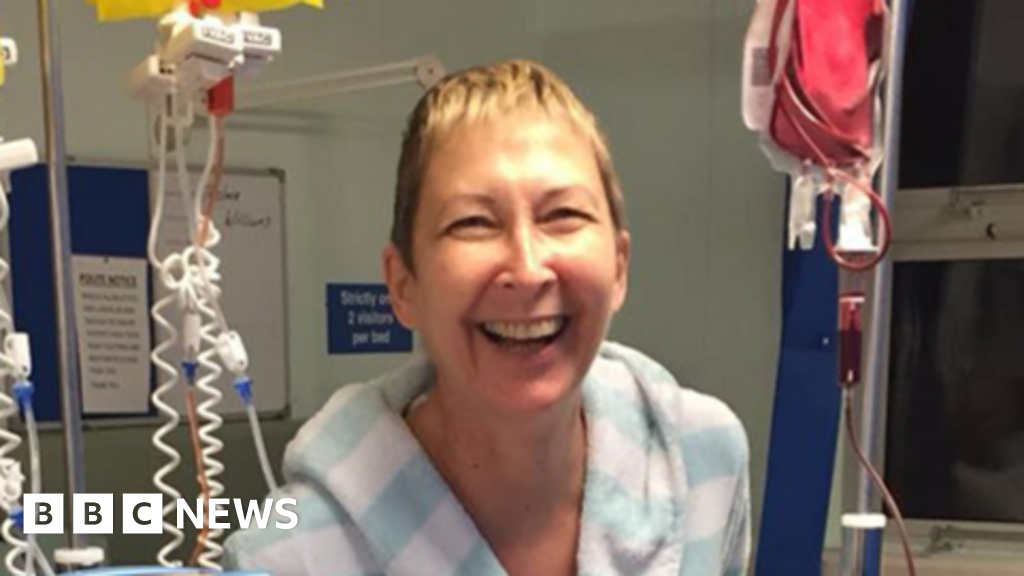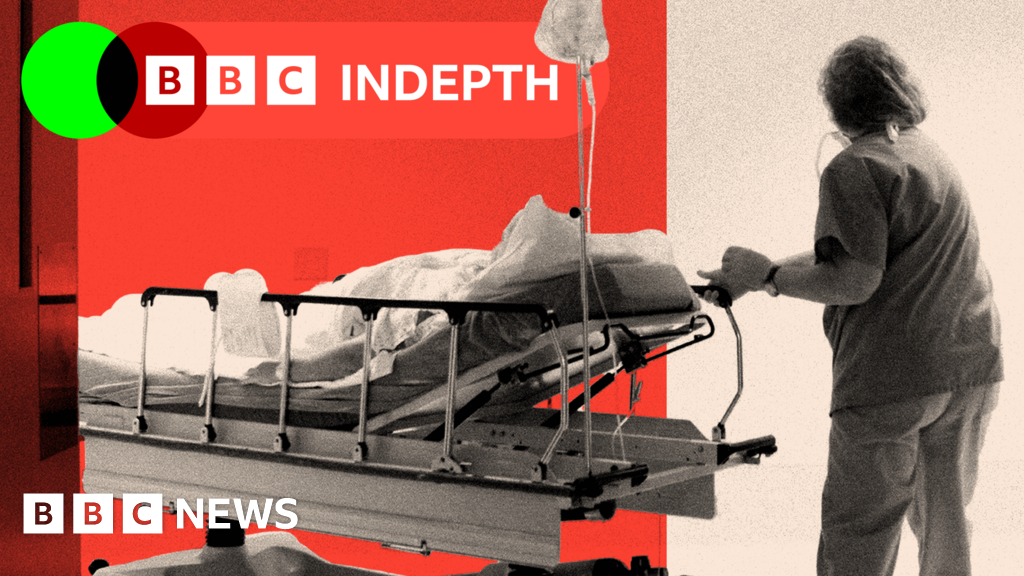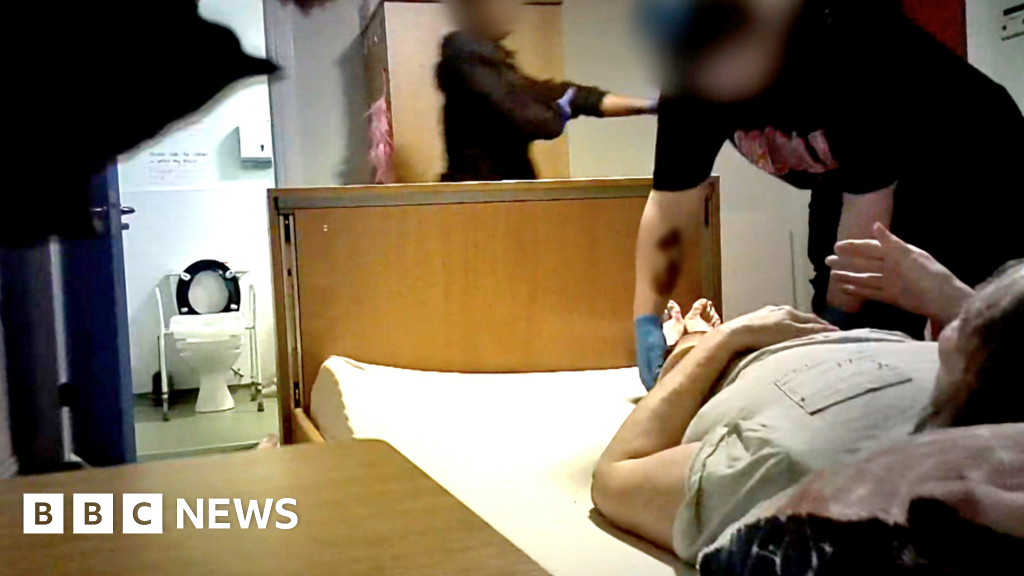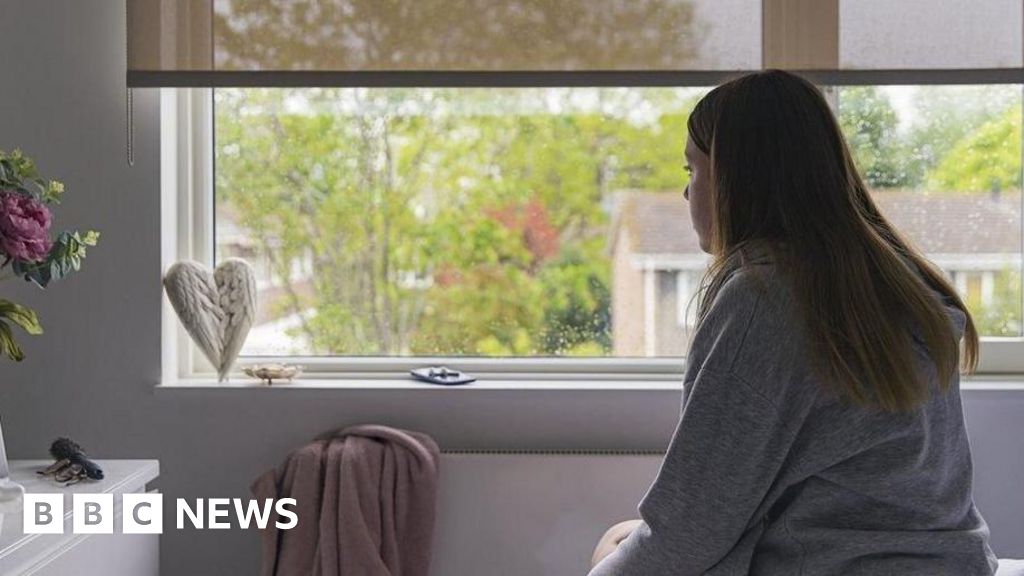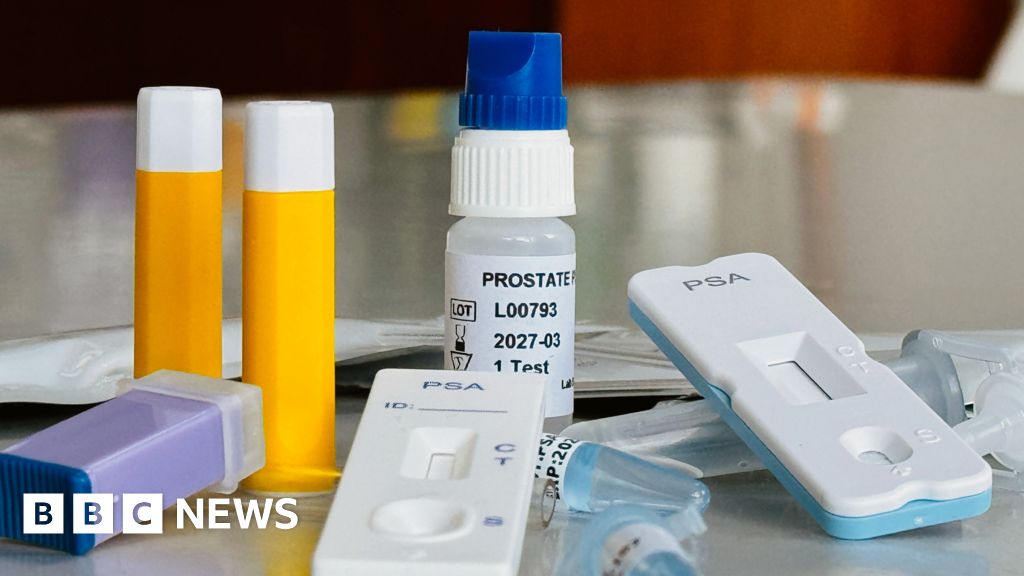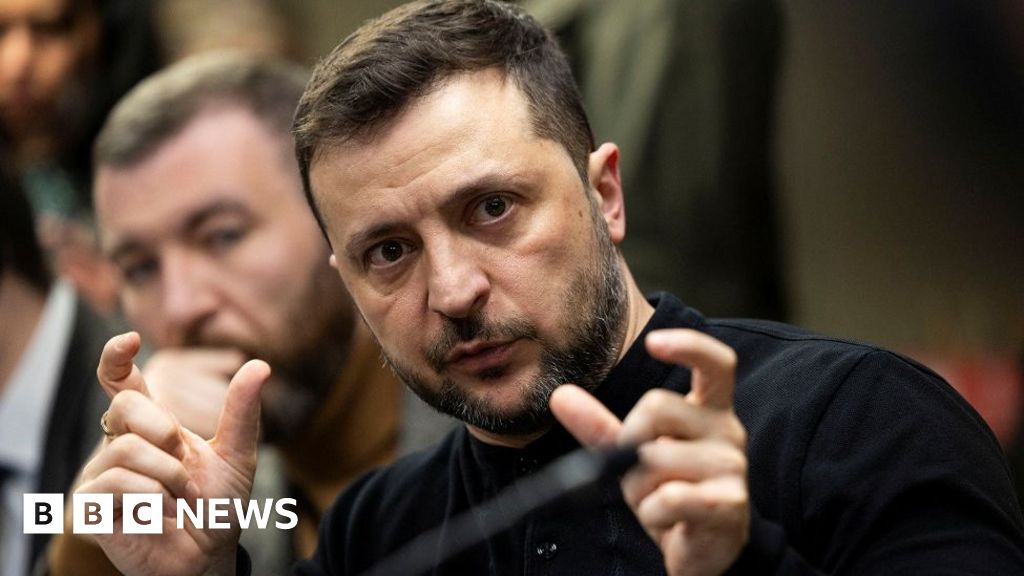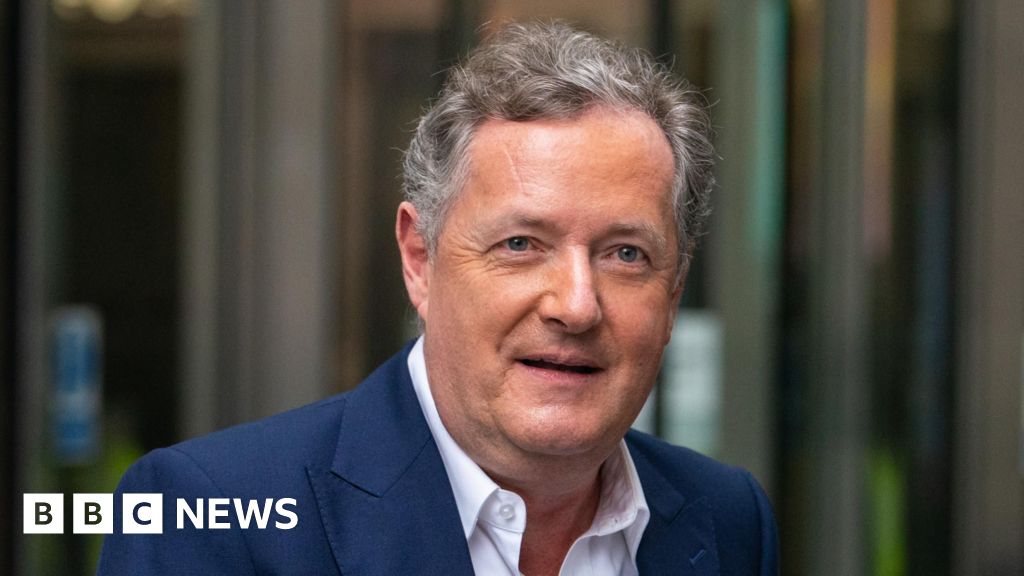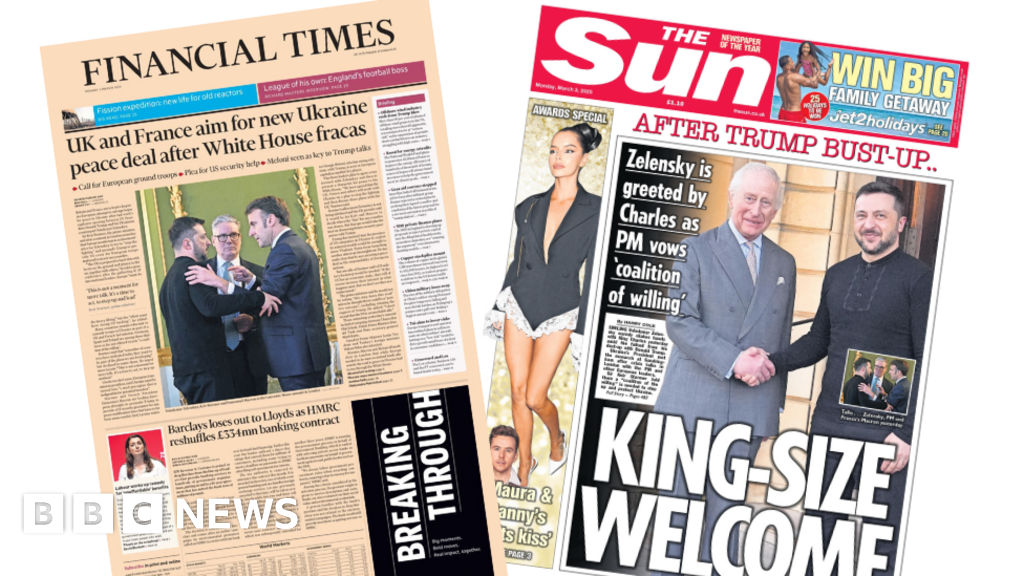John Swinney told the UK Covid inquiry that he manually deleted text messages with the former first minister.
By Angus Cochrane
BBC Scotland News
Scotland's former deputy first minister has told the UK Covid inquiry that he manually deleted messages sent to Nicola Sturgeon during the pandemic.
John Swinney said the texts with the ex-first minister were "not available".
The SNP MSP said they had been removed in line with his understanding of Scottish government records policy.
Mr Swinney also denied a suggestion that Scottish cabinet meetings were "driven" by Ms Sturgeon's "strong mindedness".
It came after ex-finance secretary Kate Forbes said she was surprised no minutes were kept from top-level meetings during the Covid crisis.
Mr Swinney served as deputy first minister and education secretary until May 2021. Following a reshuffle, he left the latter role to become Covid recovery secretary.
He stepped down from government in March 2023.
The inquiry had already heard that none of his WhatsApps or "similar messages" had been retained.
A document supplied to the inquiry stated the texts had been either deleted manually or by using an auto-delete function.
The former deputy first minister told the inquiry he rarely spoke to Ms Sturgeon via text messages or other informal means.
He said texts were generally only used to set up a phone call.
Mr Swinney told the inquiry that since entering government in 2007 he had "deleted material after I have made sure any relevant information was placed on the official record of the government, and that was the approach I was advised to take".
He said this approach was never "questioned" in previous years in government and was "consistent" with the ministerial code.
The former deputy first minister conceded that it "might well be the case" that all the information needed by the inquiry might not be retained.
He said he would apologise "unreservedly" if he had "misunderstood" the government's records management policy.
Image source, PA Media
Image caption,Former first minster Nicola Sturgeon is due to give evidence on Wednesday
"My intention was never to do anything other than ensure the official record was furnished with all of the information that it needed to have," Mr Swinney said.
The inquiry was sent 18 pages of WhatsApp messages between Mr Swinney and current First Minister Humza Yousaf from during the pandemic.
They were recovered from an old handset of Mr Yousaf's after Mr Swinney erased his messages, the inquiry heard.
"They would be deleted by periodic deletion once I was satisfied I had told my private office any info that was relevant so that I was not facing a large number of messages that I would potentially have to delete on one occasion," Mr Swinney added.
The inquiry was also shown messages from 14 December 2021, following cabinet talks, between then health secretary Mr Yousaf and national clinical director Jason Leitch.
At the meeting, Mr Yousaf had suggested unexpectedly that he may be able to make £100m from the health budget available for business support as the government considered another lockdown.
In the messages, Mr Yousaf told Mr Leitch that Ms Sturgeon had been "ranting" at him and he had taken "one hell of a bullet".
Mr Leitch said Ms Sturgeon was being "ridiculous, absolutely ridiculous" and that he "almost intervened".
Image source, UK Covid Inquiry
Lead counsel to the inquiry, Jamie Dawson KC, put it to Mr Swinney that the culture of the Scottish cabinet was driven by Ms Sturgeon's "strong mindedness when challenging her was seen as taking a bullet".
Mr Swinney said: "No, because I think that particular morning, the first minister was a little bit surprised that the health portfolio had been able to find £100m to transfer to business support.
"In all my 10 years of handling the public finances of Scotland, the health secretary never offered me £100m in exchange for anything."
He insisted the cabinet had "open and full discussions".
Ms Forbes, in messages about the same cabinet meeting, said she had "never seen the FM this angry in all my cabinets for good reason".
She told the inquiry that while "surprises" were not typically welcome at cabinet, Mr Yousaf had tried to be "helpful" and had not tried to "undermine the process".
School closures
Mr Swinney told the inquiry that the decision to close schools in March 2020 was made during a conversation between him and Ms Sturgeon, not in a discussion involving the full cabinet.
The former deputy first minister said this was because "events were moving at an absolutely ferocious pace".
He added the Scottish government "did not have the time or the opportunity" to complete an equality impact assessment on children's learning and development if schools were closed.
Earlier, the inquiry heard that the Scottish government's equivalent of Cobra meetings - the Scottish Government Resilience Room (SGoRR) - had not been minuted.
Image source, PA Media
Image caption,Former finance secretary Kate Forbes gave evidence to the UK Covid Inquiry
Neither were records kept for so-called "gold command" meetings - attended by Ms Sturgeon, a small group of advisers and a revolving group of ministers.
Ms Forbes confirmed to the inquiry she did not attend any of the "gold command" discussions in 2020.
Asked by inquiry chairwoman Lady Hallett why she was not invited despite her seniority, Ms Forbes said she was "not even sure" they existed at the time.
Ms Forbes added: "I would have expected to be invited to any meeting where there were significant financial implications."
'Difficult to understand'
She said she understood "frustration" at the lack of minutes from SGoRR and gold command meetings.
Mr Dawson suggested the lack of minutes made it "difficult" to understand decision making processes during the pandemic.
"I understand that," Ms Forbes replied, adding: "I think every meeting of that nature in Scottish government should be minuted. I'm surprised to hear that they weren't."
The former minister, who left government in March 2023, said it was her "expectation" that minutes were recorded in the same way that cabinet was.
Ms Sturgeon is due to give evidence to the inquiry, which is holding special evidence sessions in Edinburgh this month, on Wednesday.
Scottish Secretary Alister Jack is expected to appear in front of the inquiry on Thursday.
 (1).png)
 1 year ago
23
1 year ago
23
